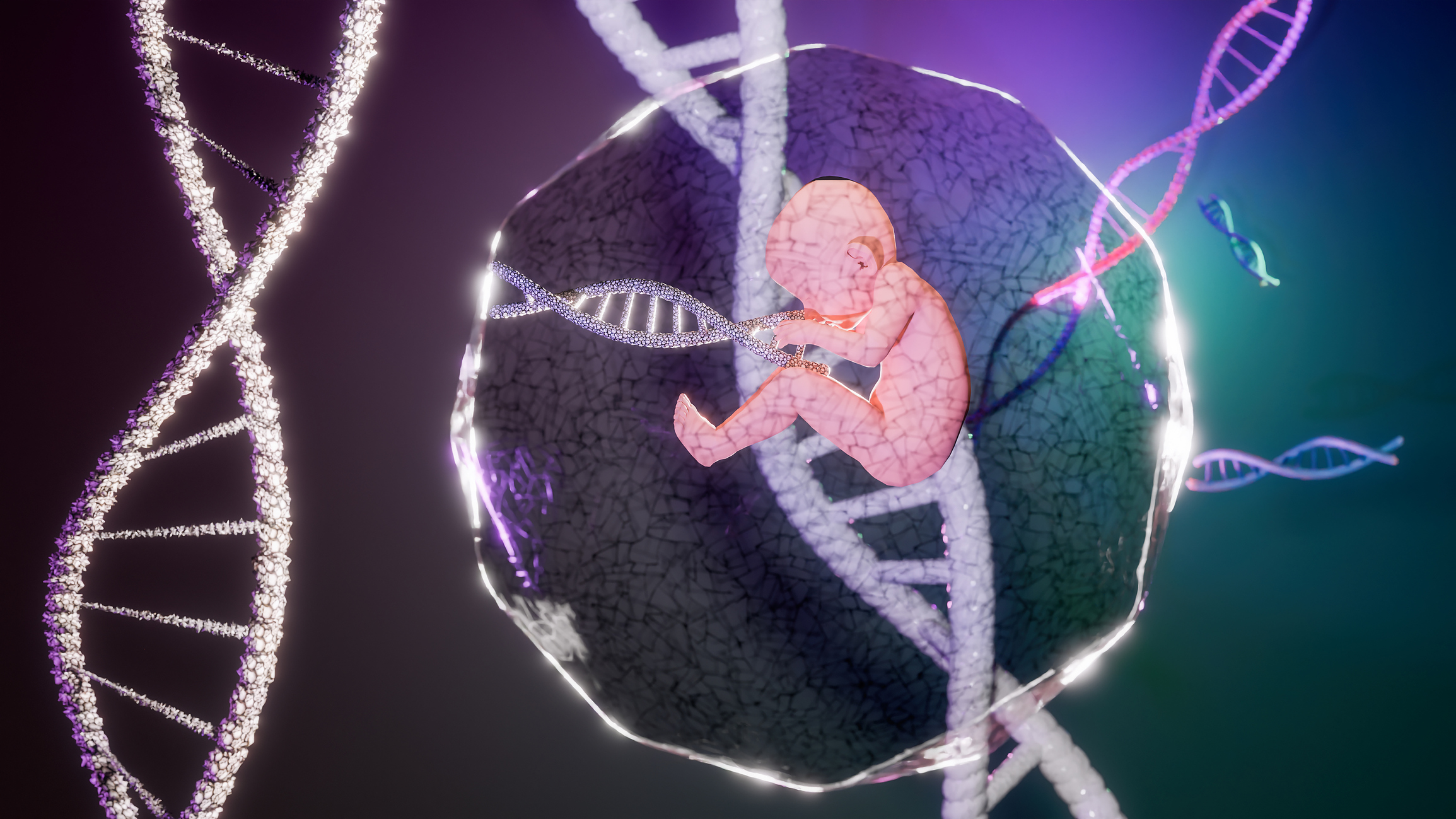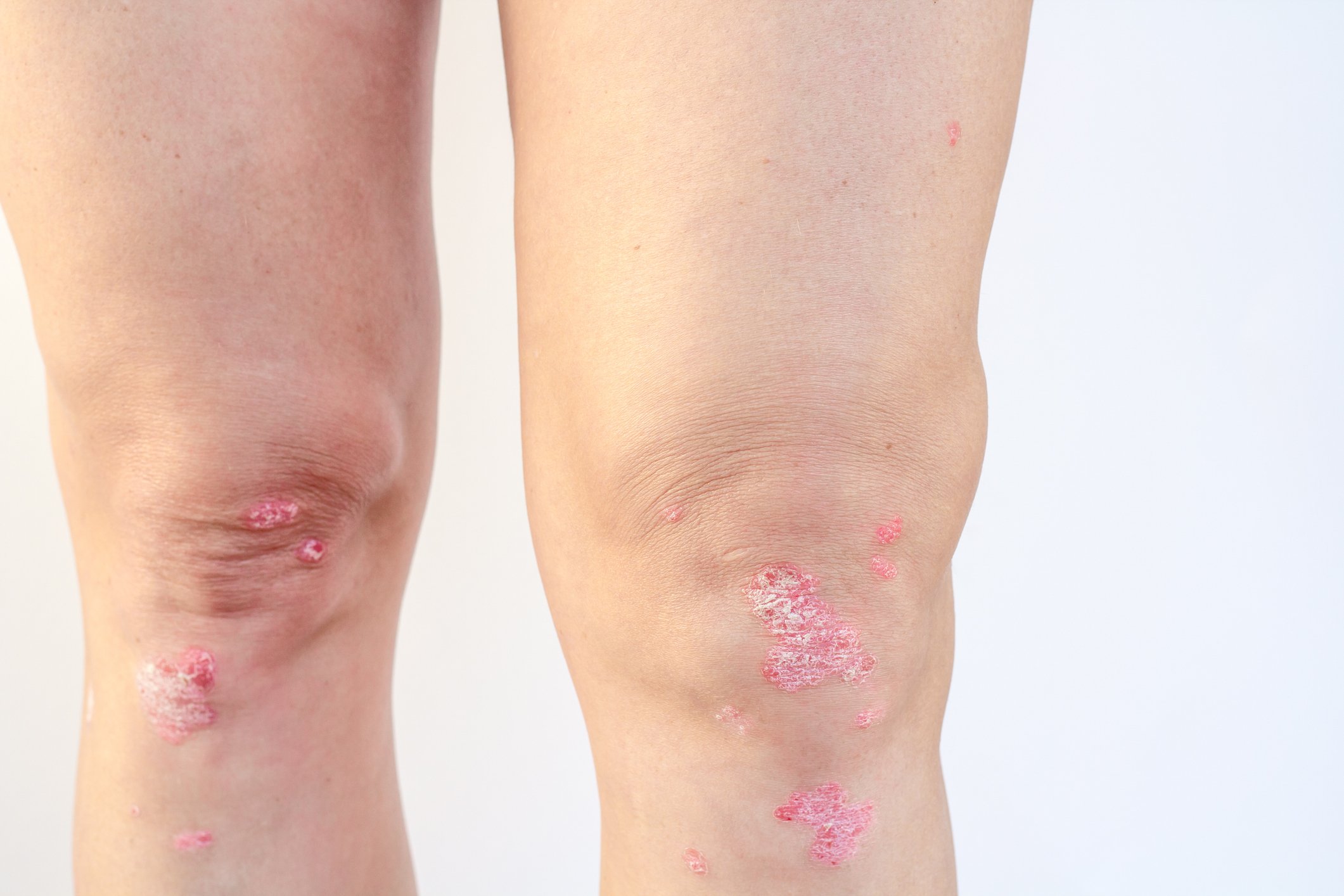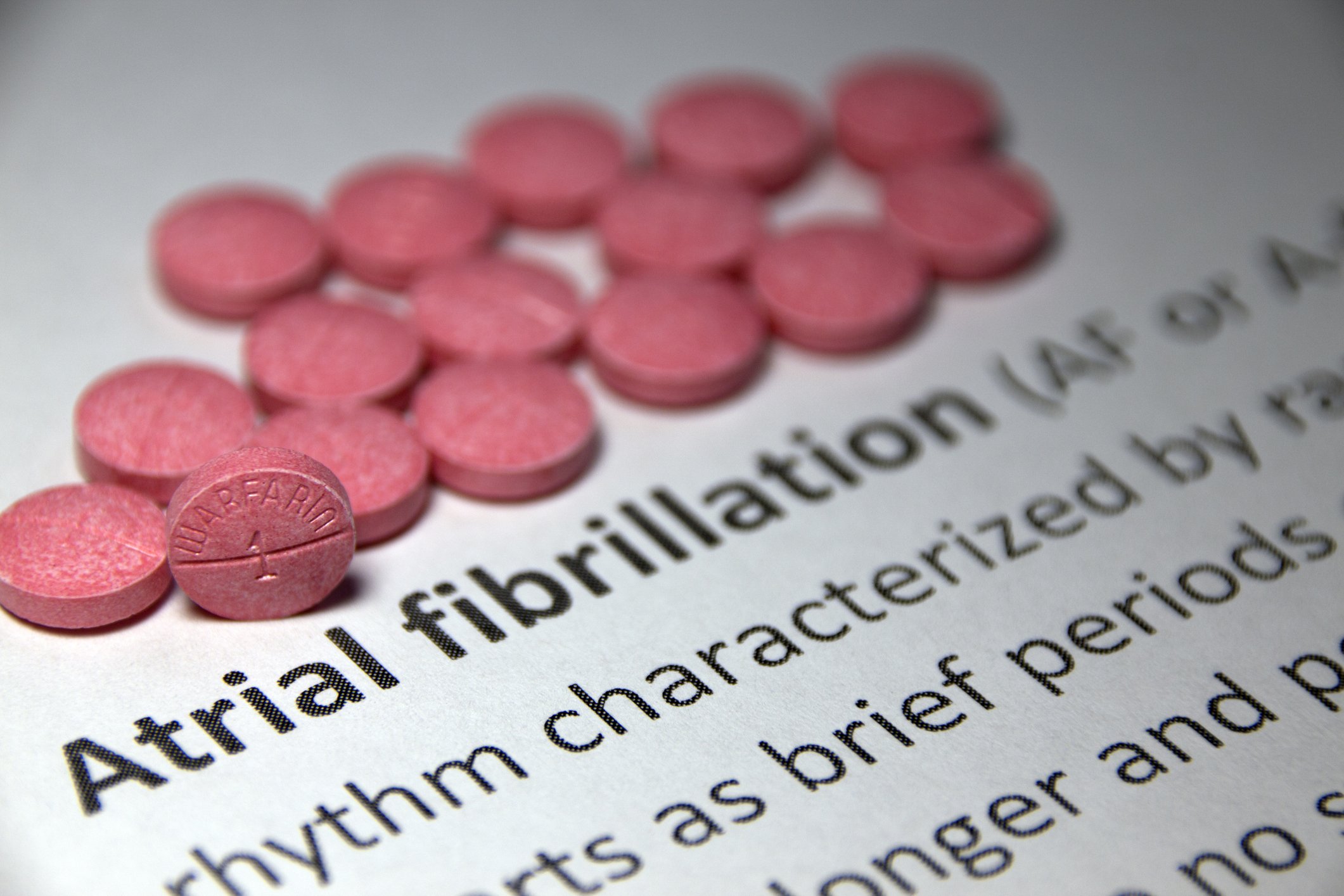In the interview with the HAUSARZT PRAXIS Professor Dr. med. Dipl.-Psych. Ralf Ihl of the University of Duesseldorf gives information about the newest realizations from hospital and research with Ginkgo Biloba.
Prof. Ihl, before it can be used in dementia therapy, for example, ginkgo biloba must first be converted into a form that can be used medicinally. What is the exact composition of such extracts and which of these dosages usually find their way into scientific studies?
Prof. Ihl:
In the vast majority of clinical studies on dementia therapy, Extractum Ginkgo Biloba (EGb761®) is being investigated. The composition is very different from that of the leaves of the tree. For example, significantly larger percentages of glinkgo flavone glycosides and ginkgolides are present, while biflavonoids and ginkgo acids make up a smaller percentage compared to the unprocessed form. The extraction process is extremely complex and contains 27 steps in which ineffective and toxic substances are removed, while helpful ones are enriched. Specifically, the flavonoid glycosides (24% quercetin, kaempferol, isorhamnetin – half-life three hours) and the terpentrilactones (3.1% ginkgolides A, B, C, J, M and 2.9% bilobalides – half-life two to six hours) act. These two substances in combination account for the effectiveness in dementia.
Can ginkgo biloba also assume prophylactic functions in dementia therapy (e.g., prevent the progression of a “mild cognitive impairment”) or is it, similar to acetylcholinesterase inhibitors, only used symptomatically?
There is no study to date showing that any antidementive substance is truly prophylactic. There are also hardly any studies on risk reduction. In particular, the recently published work of Amiewa et al. [5], which followed a non-demented elderly population over 20 years and found that cognitive decline (MMSE) was significantly less in participants who reported taking EGb761® than in those who did not. No such effect was shown with the comparator drug piracetam. Furthermore, the duration of life was significantly longer with EGb761® than with placebo or piracetam. Overall, the study had some methodological shortcomings, and it stands alone so far, so further research is needed to confirm the risk reduction.
What are the advantages of symptomatic Ginkgo biloba treatment over classical therapy with AChE inhibitors and memantine?
No antidementia drug cures or stops Alzheimer’s dementia. In principle, the treatment guidelines of the World Federation of Societies of Biological Psychiatry (WFSBP) attribute the same effect to Ginkgo biloba extract as to the other antidementia drugs (donepezil, galantamine, memantine, rivastigmine), namely to be able to achieve a moderate effect for a limited time in some patients. None of the agents for the treatment of dementia has adequately demonstrated superiority over other antidementia agents to date. An advantage of ginkgo is that neither intolerances nor an increased rate of adverse events or side effects have been observed so far.
What are the biological and clinical effects of Ginkgo Biloba in relation to dementia?
The main biological mechanisms of action are considered to be radical scavenging property, prevention of Aβ-oligomer formation, promotion of α-secretase degradation pathway and protection against Aβ-toxicity. Furthermore, the preparation leads to increased neuronal insulin sensitivity, protection and functional improvement of mitochondria and increased blood viscosity with improved microcirculation.
As mentioned, the clinical antidementive effect is moderate, for a limited time, and achievable only in a proportion of patients.
Are there side effects or drug interactions (e.g., with anticoagulants) that physicians should know about when using Ginkgo Biloba?
Platelet-activating factor (PAF) antagonism, i.e., the blood-thinning effect, is the most discussed. Studies have attempted to target the effect, but have been unable to demonstrate any interaction or effect at all. In 18 randomized and placebo-controlled studies of coagulation and platelet function, there was no evidence of increased bleeding risk with EGb761® versus placebo. Even with an overdose of 480 mg per day, no effect could be detected.
Relevant drug interactions, on the other hand, are an enhancement of the effects of diazepam (rats showed increased social contacts) and haloperidol (reduction of extrapyramidal motor disturbances [EPMS])and an increase in the sedative effects of trazodone.
How does the use of Ginkgo Biloba in Traditional Chinese Medicine differ from its Western use?
I am not an expert in this field, but I know that the Chinese have been working with Ginkgo Biloba for a long time. Interestingly, they now also use the extract EGb761®. What convinces both Western and TCM medicine is the consistency of this mixture. The differentiated manufacturing process produces a definable substance that has not only been extensively studied, but also methodologically sound.
Interview: Andreas Grossmann
Literature:
- Napryeyenko O, Borzenko I (GINDEM-NP Study Group): Drug Research 2007; 57(1): 4-11.
- Ihl R, et al. (GOTADAY Study Group): Int J Geriatr Psychiatry 2011 Nov; 26(11): 1186-1194. doi: 10.1002/gps.2662. Epub 2010 Dec 7.
- Herrschaft H, et al: J Psychiatr Res 2012 Jun; 46(6): 716-723. doi: 10.1016/j.jpsychires.2012.03.003. Epub 2012 Mar 27.
- Yancheva S, et al: Aging Ment Health 2009 Mar; 13(2): 183-190. doi: 10.1080/13607860902749057.
- Amieva H, et al: PLoS ONE 8 (1): e52755. doi:10.1371/journal.pone.0052755.
HAUSARZT PRAXIS 2014; 9(1): 54-56











